- Adult Heart DiseaseDiseases of the arteries, valves, and aorta, as well as cardiac rhythm disturbances
- Pediatric and Congenital Heart DiseaseHeart abnormalities that are present at birth in children, as well as in adults
- Lung, Esophageal, and Other Chest DiseasesDiseases of the lung, esophagus, and chest wall
- ProceduresCommon surgical procedures of the heart, lungs, and esophagus
- Before, During, and After SurgeryHow to prepare for and recover from your surgery
October 26, 2016

It might not surprise you that during my career as a physician I’ve caused a few tolerant patients and families to think, “Where in the world is my surgeon?” But you may be surprised to learn that many heart surgeons really do travel all over the world to provide free cardiovascular care to those patients who have no other options.
“Where in the world is my surgeon?”
If you’re reading this, you or a loved one may have a heart problem that requires surgical treatment. Let’s imagine that it’s your daughter, around 5 years old, who seems to get winded and tired a little easier while playing. She isn’t eating much or gaining weight. Your pediatrician hears a murmur and tests confirm a hole in her heart. Your doctor writes down the recommended treatment: an operation to close the defect. You immediately start to research different surgeons, hospitals, locations, and insurance coverage to choose the best option for you and your daughter.
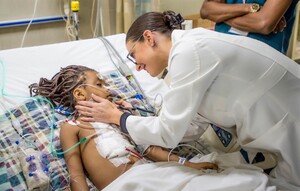
Now imagine that you live in a part of Africa where there is no heart surgeon in the entire country. In fact, there’s no heart surgeon in the surrounding border countries. Perhaps you could fly with your daughter to another part of the world, but it would cost more than a year’s salary to do so, and you would surely lose your job while being away. This means that you couldn’t provide for the rest of your family due to the cost of her operation. So your doctor writes down his recommendation for the only treatment available to you and your daughter: prayer.
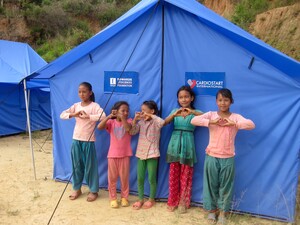
This is a real scenario in many developing countries and something that’s hard for many of us to even imagine. To put this problem in perspective, in Germany there is one heart surgeon for every 80,000 people. In China, there is one heart surgeon for every 208,000 people. In West Africa, there is one heart surgeon for every 26.5 million people.
There are members of The Society of Thoracic Surgeons who take this to heart and donate their time and skills in the places where the need is the greatest. Some spend a few weeks a year providing free heart surgery in developing countries; others split their time between charitable mission work overseas and a practice in their native country. There are still others who have made it their career focus by spending all of their professional time in a country where they can serve those less fortunate with their skills and altruism.
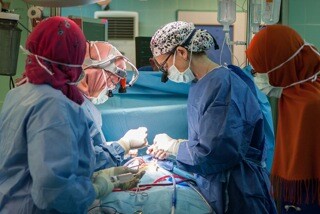
Regardless of how much time is donated, the mission is the same: first, to treat the countless children and adults who have no options for heart surgery where they live. Second, and equally important, is to assist the local staff in training a team that can provide this care independently to serve their community. Many nonprofit organizations commit several years of recurrent visits to a location to develop it toward this self-sustaining goal. After all, as the proverb goes: Give a man a fish, and you feed him for a day. Teach a man to fish, and you feed him for a lifetime.
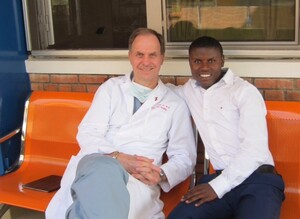
Give a man a fish, and you feed him for a day. Teach a man to fish, and you feed him for a lifetime.
We all become frustrated at times when navigating our health care system proves challenging or when the options available to us seem limited. It always helps me to remember that there are some places in this world where there are no options. I respect and admire all of those who come together to improve surgical care for that 5-year-old girl and her family, whether she is here or around the world.
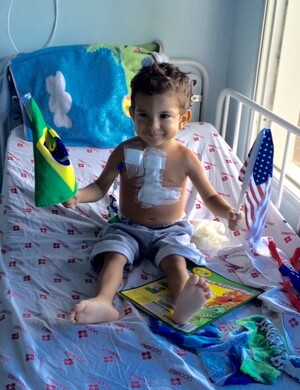
Read related stories here:
www.sts.org/news/cardiothoracic-surgeons-provide-aid-nepal-earthquake-victims
www.sts.org/news/sts-members-abroad
www.sts.org/news/sts-members-serve-their-country-overseas
The opinions expressed in this article are those of the author and do not necessarily reflect the views of The Society of Thoracic Surgeons.
